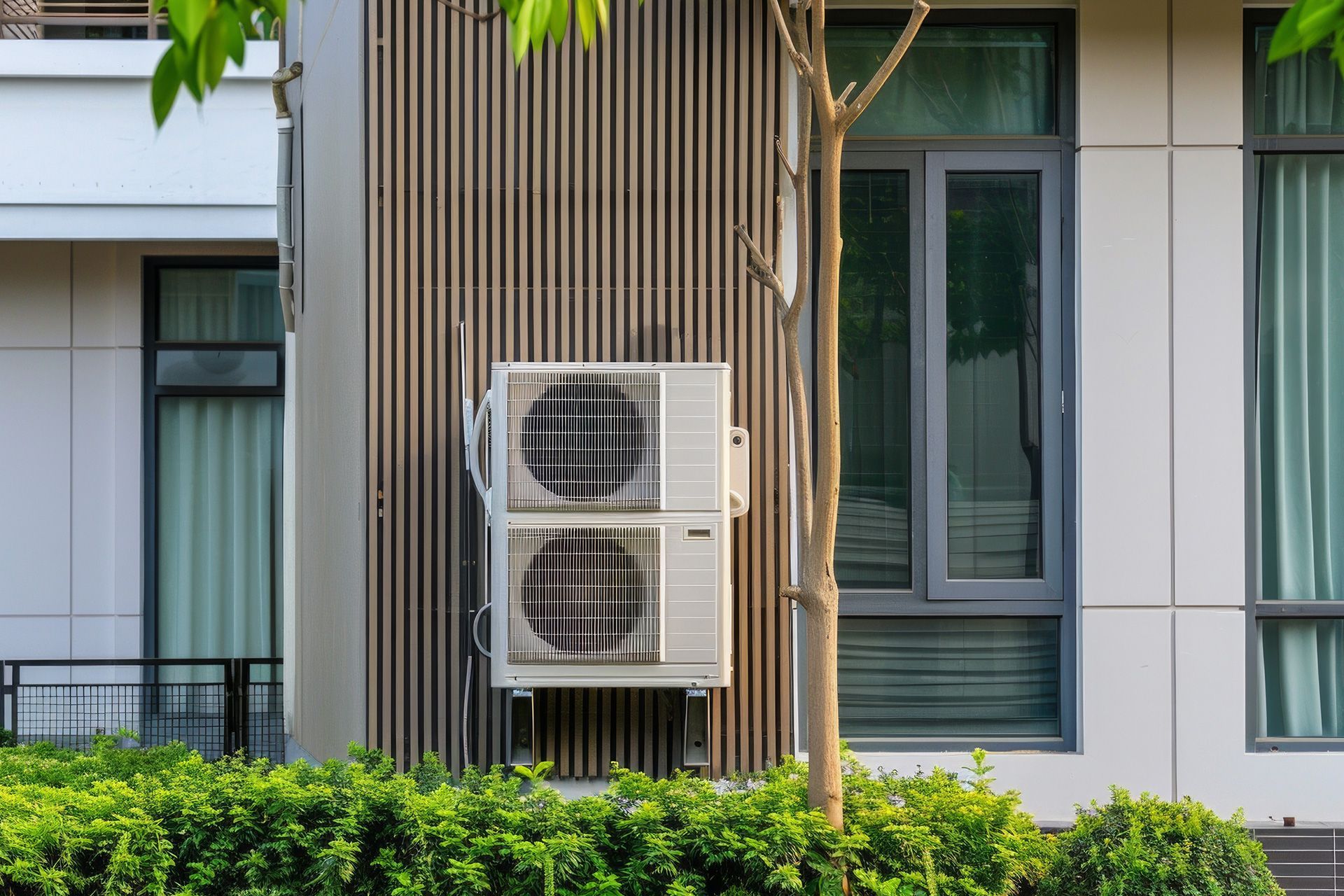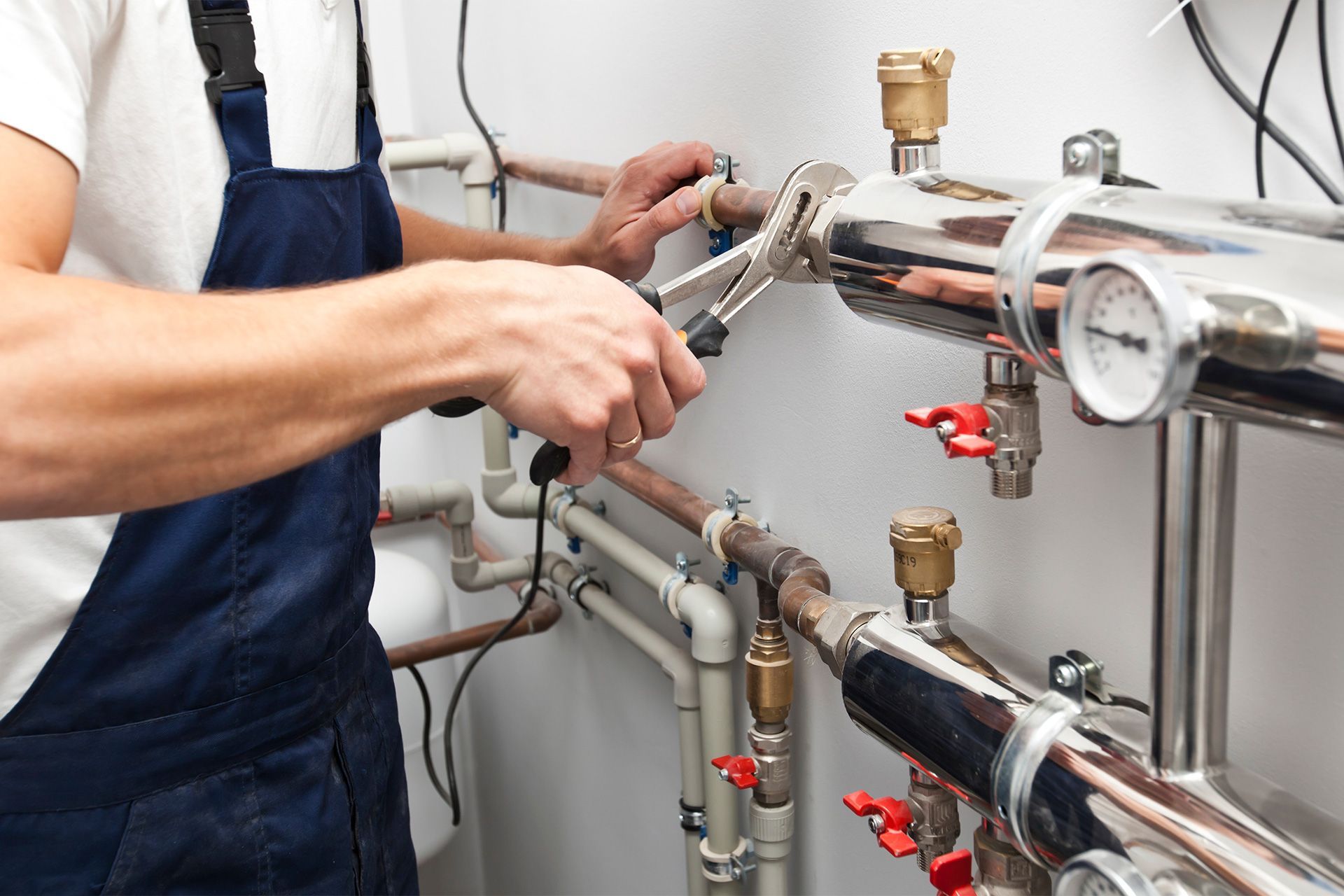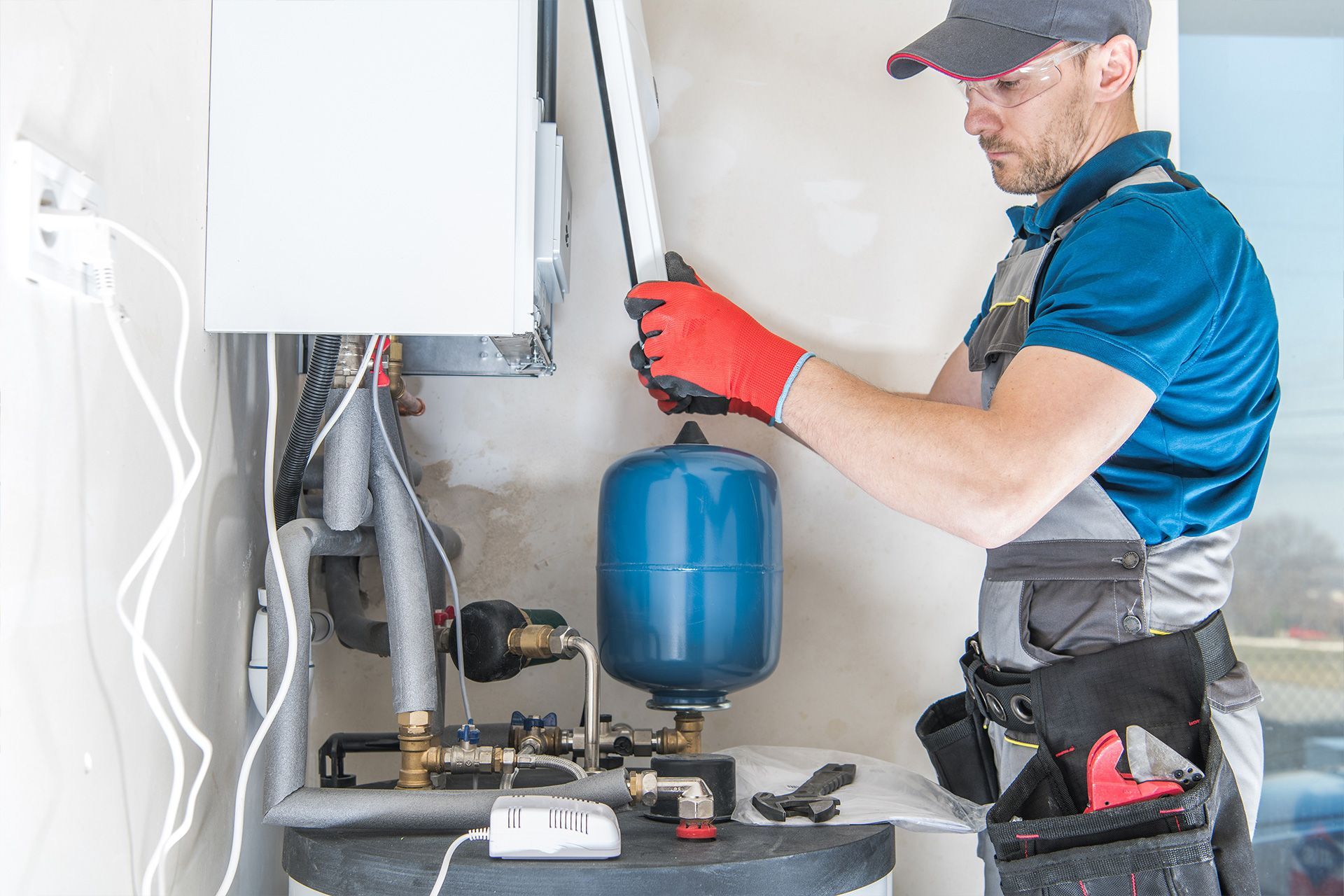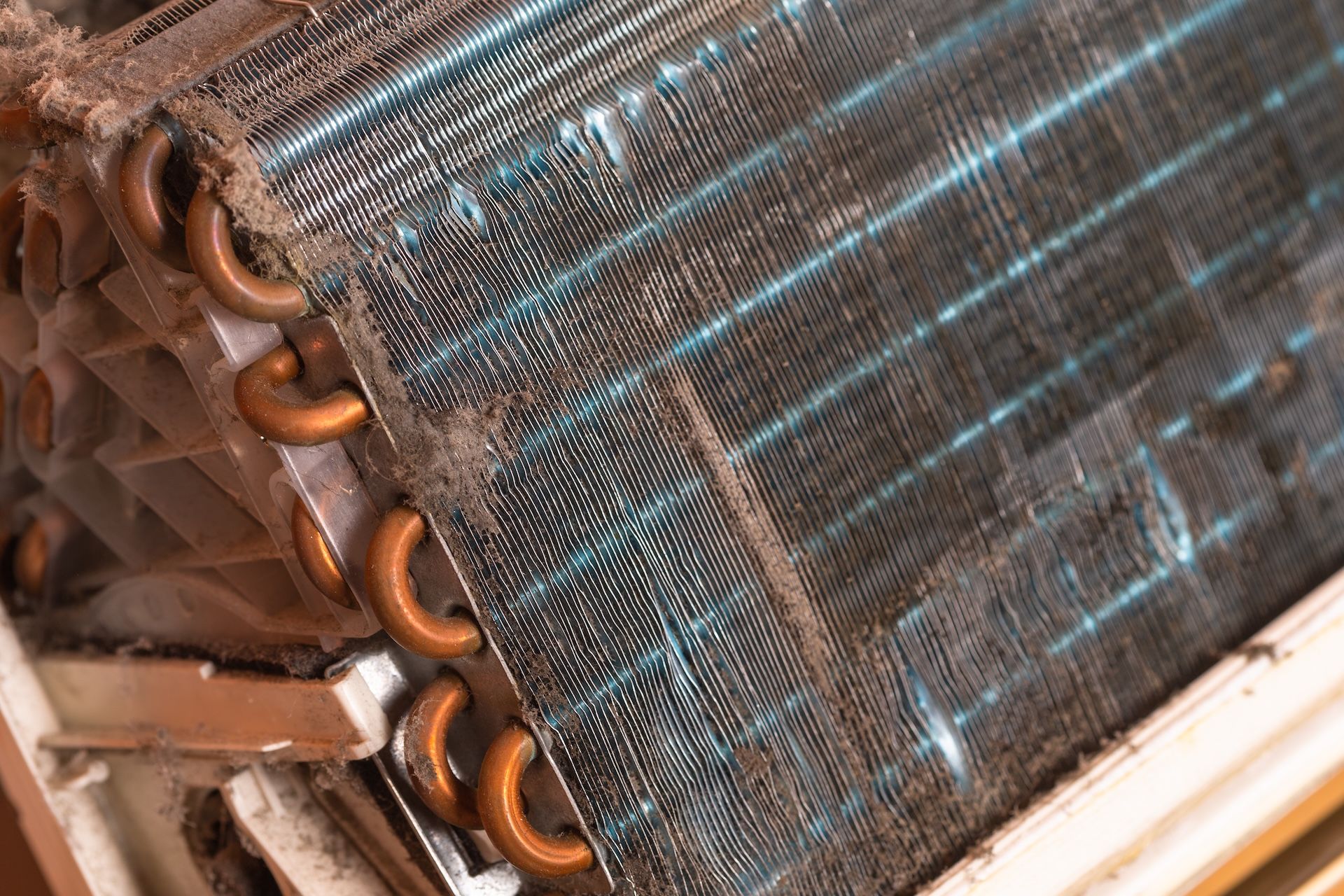How to Locate Window Air Conditioner Drain Holes & Unclog Them
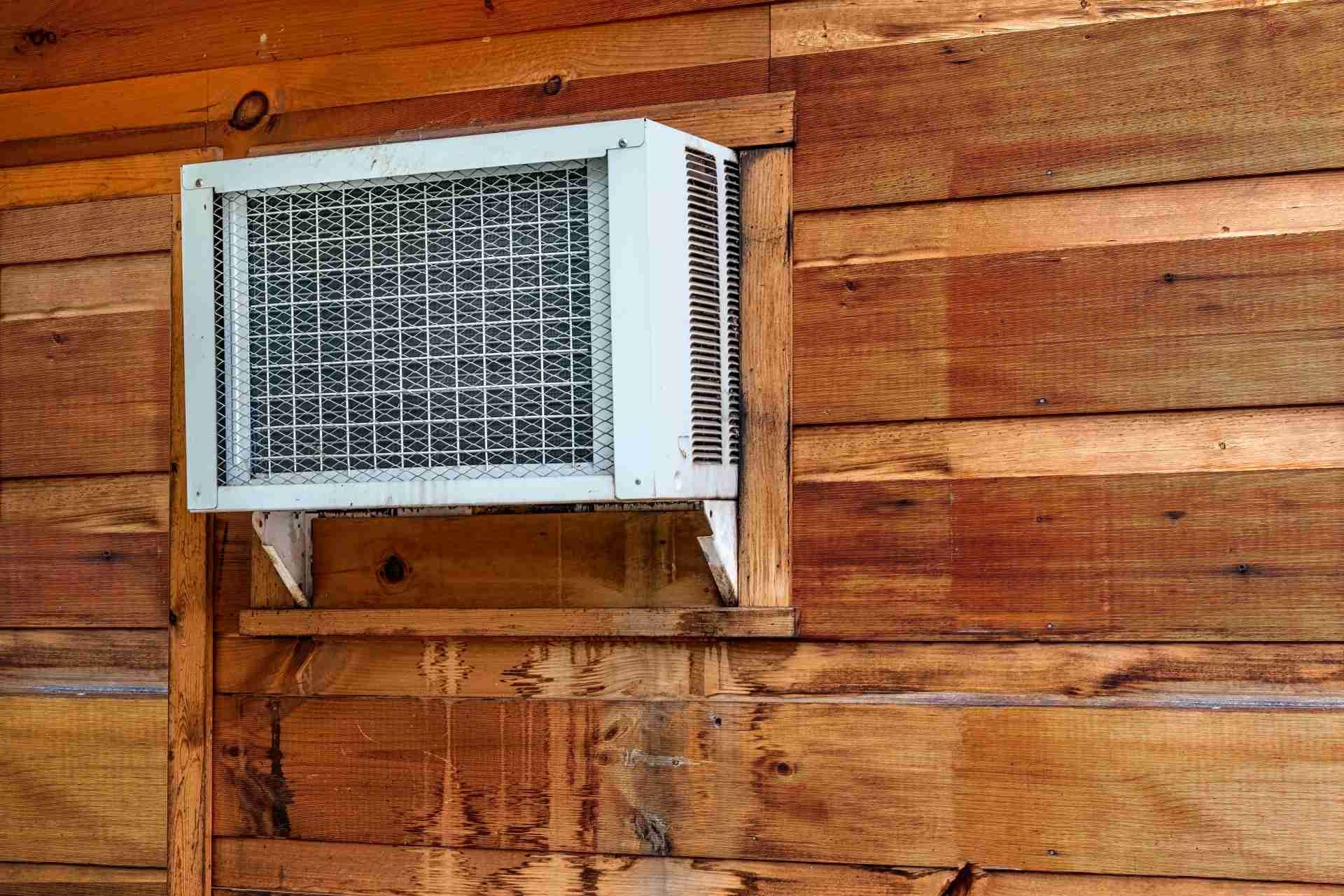
Window air conditioners work hard to keep your home cool and comfortable, especially during hot summer months. But like any other appliance, they need regular maintenance to run smoothly. One small yet important part of your AC that often goes unnoticed is the drain hole.
If your unit is dripping water inside your room or making strange gurgling sounds, the problem might be a clogged window air conditioner drain hole. In this guide, we’ll explain how to locate the drain hole on a window AC, why it gets clogged, and how you can unclog your window AC drain safely and easily.
What Is a Window Air Conditioner Drain Hole?
Every air conditioner removes humidity from the air as it cools your home. That moisture turns into condensation, which needs a way to escape and that’s where the drain hole comes in.
The window air conditioner drain hole is a small opening, usually found at the bottom or back of the AC unit. It allows the condensed water to drain outside rather than pooling inside the unit. When this hole becomes clogged, the water has nowhere to go, leading to leaks or reduced cooling efficiency.
Why It’s Important to Keep the Drain Hole Clear
Keeping your AC’s drain hole clean might not sound like a big deal, but it’s actually essential for the system’s health. Here’s why:
- Prevents Water Damage: A clogged drain can cause water to overflow into your room, damaging walls, carpets, or window sills.
- Improves Cooling Efficiency: When water can’t drain properly, it may cause the AC to work harder and cool less effectively.
- Avoids Mold and Odors: Standing water inside the unit can lead to mold growth and unpleasant smells.
- Extends the Life of Your AC: Regularly cleaning the drain helps your unit last longer and perform better over time.
How to Locate the Drain Hole on a Window Air Conditioner
Finding the drain hole isn’t always easy because it’s small and sometimes hidden by the casing or coils. However, with a bit of guidance, you can locate it quickly.
Here’s how to find it step-by-step:
1. Unplug the Unit
Before inspecting your air conditioner, always unplug it for safety. You don’t want to risk any electrical shock while handling the unit.
2. Remove the Front Panel
Take off the front panel or grille carefully. This will allow you to see the inside components of the unit, including the drip tray or pan where condensation collects.
3. Check the Drip Tray
Look for a shallow metal or plastic tray at the bottom of the AC. This tray collects condensed water from the cooling coils.
4. Inspect the Rear of the Unit
Most window AC drain holes are located at the back underside of the unit the part that hangs outside your window.
Use a flashlight to check for a small round or oval opening. It may be near the corner or center of the base pan.
5. If You Don’t See a Hole
Some modern AC models are designed to reuse condensation to cool the condenser coils. In these cases, the water may not drain out continuously, but there is still a small drain hole or slot for overflow protection. Check your unit’s manual to confirm the exact location.
How to Drain a Window AC Manually
If you notice water pooling inside your unit or dripping indoors, you might need to manually drain your window AC.
Here’s how:
- Turn Off and Unplug the Unit. Safety first.
- Tilt the AC Slightly Backward. The back of the unit should always be slightly lower than the front so water drains outside.
- Use a Shallow Pan or Bucket. Place it under the drain hole to catch water.
- Remove the Drain Plug (if any). Some models have a rubber plug over the drain hole remove it to let water flow out.
- Let It Drain Completely. Allow a few minutes for all the water to empty before plugging the unit back in.
How to Unclog a Window AC Drain Hole
If water isn’t draining even after tilting the unit or removing the plug, your window AC drain hole might be clogged. Here’s how to fix it:
1. Use a Pipe Cleaner or Wire
Gently insert a pipe cleaner, thin brush, or a piece of flexible wire into the hole. Move it around to break up dirt or debris blocking the drain.
2. Flush with Warm Water or Vinegar
Using a squeeze bottle, squirt a mix of warm water and vinegar through the drain hole. This helps dissolve mold, algae, and grime.
3. Blow Out Debris with Air
If available, use a can of compressed air or a wet/dry vacuum to blow or suck out any remaining blockage.
4. Check the Drain Pan
Clean the drain pan thoroughly with soap and water. Dirt or mold buildup in the pan can clog the drain again quickly.
5. Test the Drainage
Pour a small amount of water into the drain pan and watch if it exits freely through the hole. If yes, your AC is good to go!
Tips to Prevent Future Drain Clogs
Regular maintenance can save you from costly repairs and water leaks. Here are some easy tips to prevent future problems:
- Clean Filters Monthly: Dirty filters lead to more dust buildup inside your unit, which can clog the drain.
- Check the Drain Hole Every Season: Before summer starts, make sure it’s clear.
- Keep the Outdoor Area Clean: Avoid letting leaves or debris pile up near the back of your AC.
- Use Vinegar Once a Month: Pour a little vinegar into the drain hole to prevent algae or mold growth.
Signs That Your Window AC Drain Hole Is Clogged
Watch for these common warning signs:
- Water leaking inside your room
- Gurgling or bubbling sounds
- Weak cooling performance
- Musty or damp odor
- Standing water visible in the drip tray
If you notice any of these, it’s time to check your window air conditioner drain hole right away.
When to Call a Professional
While most drain hole clogs can be fixed with basic tools, there are times when you’ll need expert help. Call a professional HVAC technician if:
- The water leak persists after cleaning
- You hear unusual noises or see rust
- Your AC is not cooling properly
- The coils are frozen or covered in ice
A technician can inspect internal parts, deep-clean the unit, and ensure proper drainage without damaging your AC.
Final Thoughts
Keeping your window air conditioner drain hole clean and clear is one of the easiest ways to make sure your AC works efficiently all summer long. With regular checks and simple cleaning, you can prevent leaks, mold, and costly repairs.
Need help with AC maintenance or repairs? Contact Old School Cooling today to keep your system running strong and reliable!
FAQs about Unclogging Window AC Drain Holes
Do all window ACs have drain holes?
Most window air conditioners have drain holes, but some newer models recycle the condensed water to improve efficiency. Always check your owner’s manual for details.
How often should I clean the drain hole?
Clean your window AC drain hole at least once every few months or before each cooling season.
Can I use bleach instead of vinegar to clean the drain hole?
It’s better to use vinegar since it’s non-toxic and safe for metal and plastic parts. Bleach can corrode the AC’s components.
What happens if I ignore a clogged drain hole?
Ignoring it can cause water leaks, mold growth, bad smells, and even damage to your AC unit or window frame.
How can I tell if my drain hole is clear?
Pour a little water into the drip pan. If it flows out freely, your drain is clear. If not, you need to unclog it.
Disclaimer: The information on this website and blog is for general informational purposes only and is not professional advice. We make no guarantees of accuracy or completeness. We disclaim all liability for errors, omissions, or reliance on this content. Always consult a qualified professional for specific guidance.

